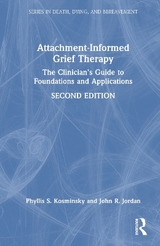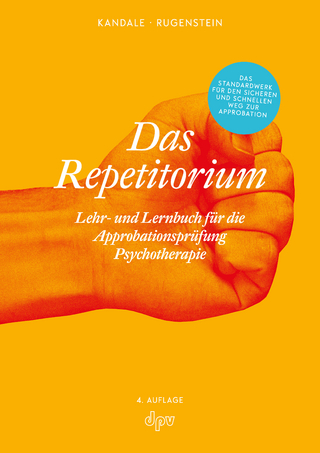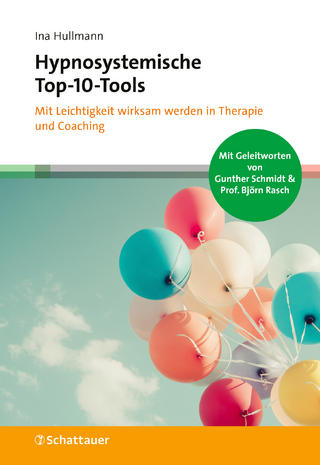
Attachment-Informed Grief Therapy
Routledge (Verlag)
978-0-415-85720-8 (ISBN)
- Titel erscheint in neuer Auflage
- Artikel merken
Phyllis Kosminsky is a clinical social worker specializing in work with the bereaved, particularly those who have experienced a traumatic loss. Over the past 20 years Dr. Kosminsky has provided individual counseling to hundreds of bereaved individuals and has conducted trainings for mental health professionals nationally and internationally in the treatment of normal and problematic grief. Her publications include journal articles, book chapters, and the book Getting Back to Life When Grief Won't Heal. John (Jack) Jordan is a psychologist in private practice in Pawtucket, Rhode Island, where he has worked with survivors of traumatic losses for almost 40 years. He is the consultant for the grief Support Services of Samaritans in Boston, and the professional advisor to the Loss and Bereavement Council of the American Foundation for Suicide Prevention. Jack provides training in the U.S. and internationally, and he has published over 45 articles, chapters, and full books, including Grief After Suicide: Coping with the Consequences and Caring for the Survivors.
Series Editor’s Foreword Acknowledgements Introduction Part I: An Introduction to Attachment Theory and Research 1. Foundational Concepts in Attachment Theory 2. Building on the Foundation: The Second Wave of Attachment Theory and Research 3. Attachment Theory in the Decade of the Brain Part II: Bereavement Through the Lens of Attachment: Advances in Research, Theory and Practice 4. Insecure Attachment and Problematic Grief: Contemporary Models and Their Implications for Practice 5. The Impact of the Relationship with the Deceased 6. Trauma and the Mode of Death Part III: Clinical Implications: Towards Attachment-Informed Grief Therapy 7. A Model of Attachment-Informed Grief Therapy 8. The Therapeutic Relationship: Core Capacities of the Attachment-Informed Grief Therapist 9. Strengthening Self-Capacities 10. Meaning-Making in Adaptation to Loss 11.Conclusions References
| Erscheint lt. Verlag | 8.4.2016 |
|---|---|
| Reihe/Serie | Series in Death, Dying, and Bereavement |
| Zusatzinfo | 3 Tables, black and white; 3 Line drawings, black and white; 1 Illustrations, black and white |
| Verlagsort | London |
| Sprache | englisch |
| Maße | 152 x 229 mm |
| Gewicht | 453 g |
| Themenwelt | Geisteswissenschaften ► Psychologie ► Familien- / Systemische Therapie |
| Geisteswissenschaften ► Psychologie ► Klinische Psychologie | |
| Geisteswissenschaften ► Psychologie ► Psychoanalyse / Tiefenpsychologie | |
| Medizin / Pharmazie ► Medizinische Fachgebiete ► Psychiatrie / Psychotherapie | |
| Sozialwissenschaften ► Soziologie | |
| ISBN-10 | 0-415-85720-1 / 0415857201 |
| ISBN-13 | 978-0-415-85720-8 / 9780415857208 |
| Zustand | Neuware |
| Informationen gemäß Produktsicherheitsverordnung (GPSR) | |
| Haben Sie eine Frage zum Produkt? |
aus dem Bereich



